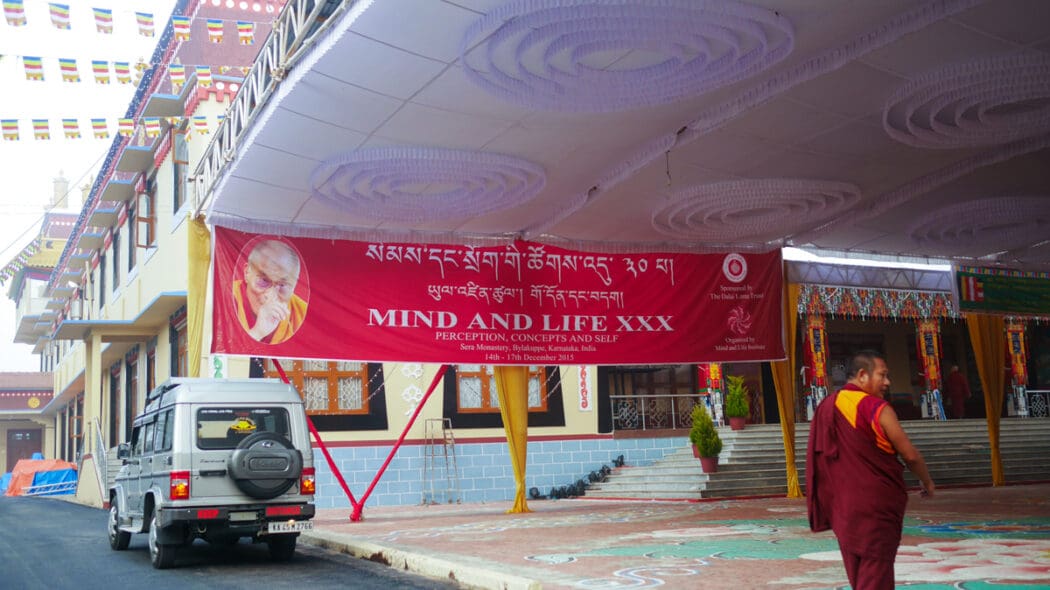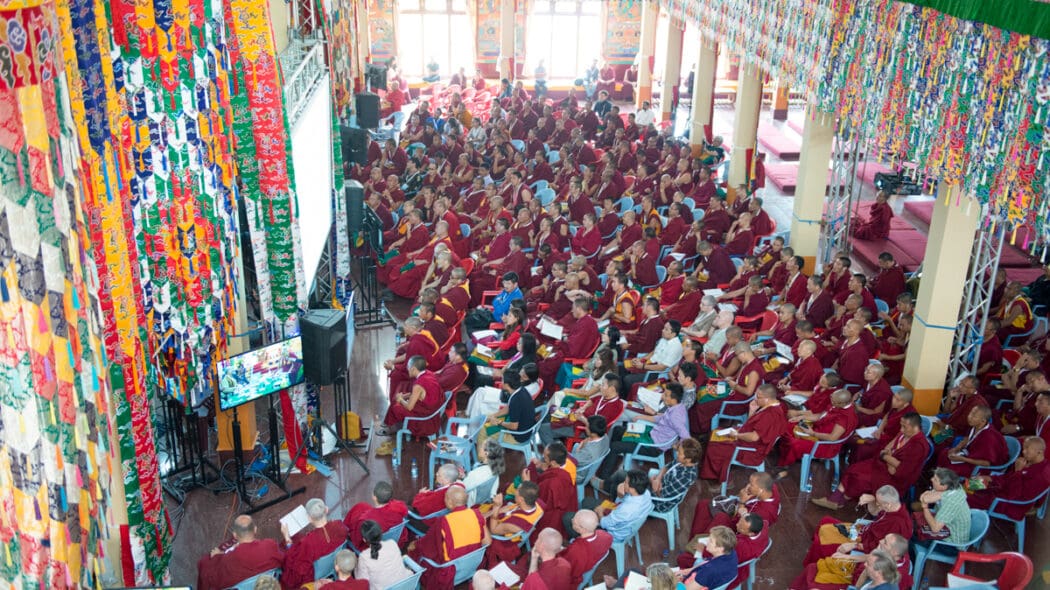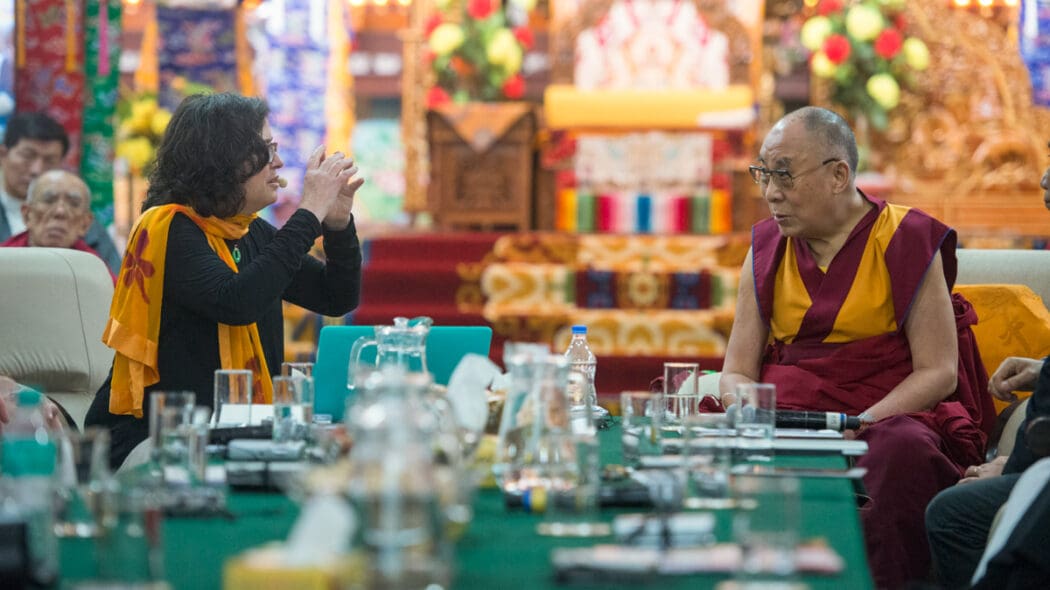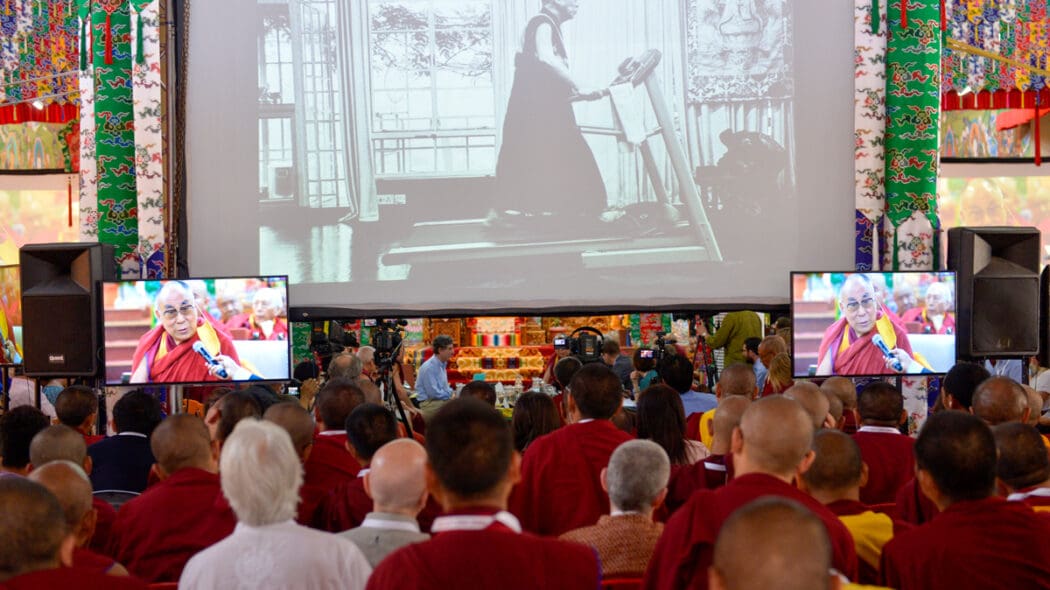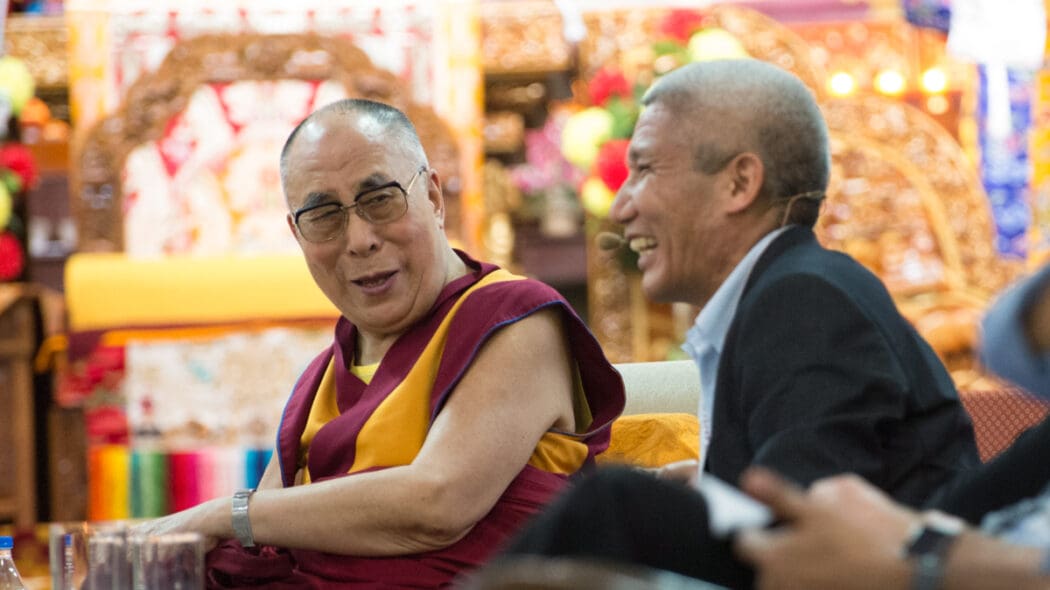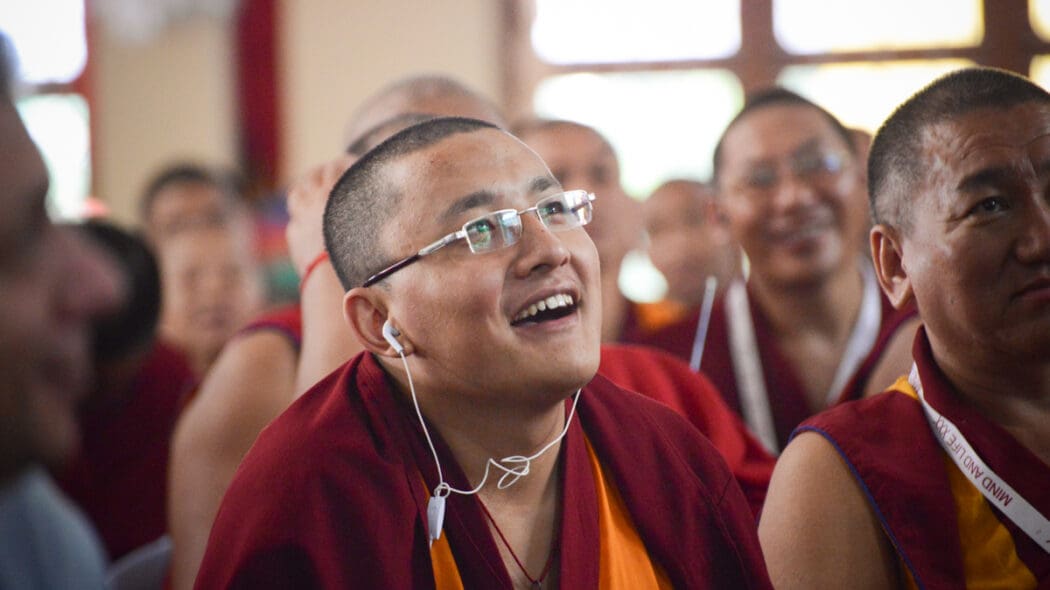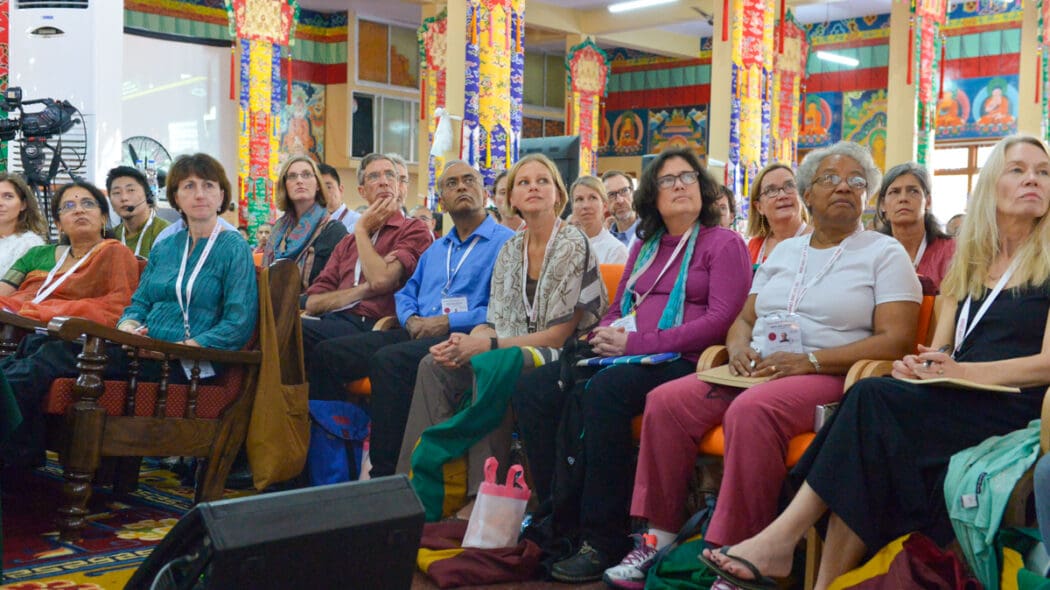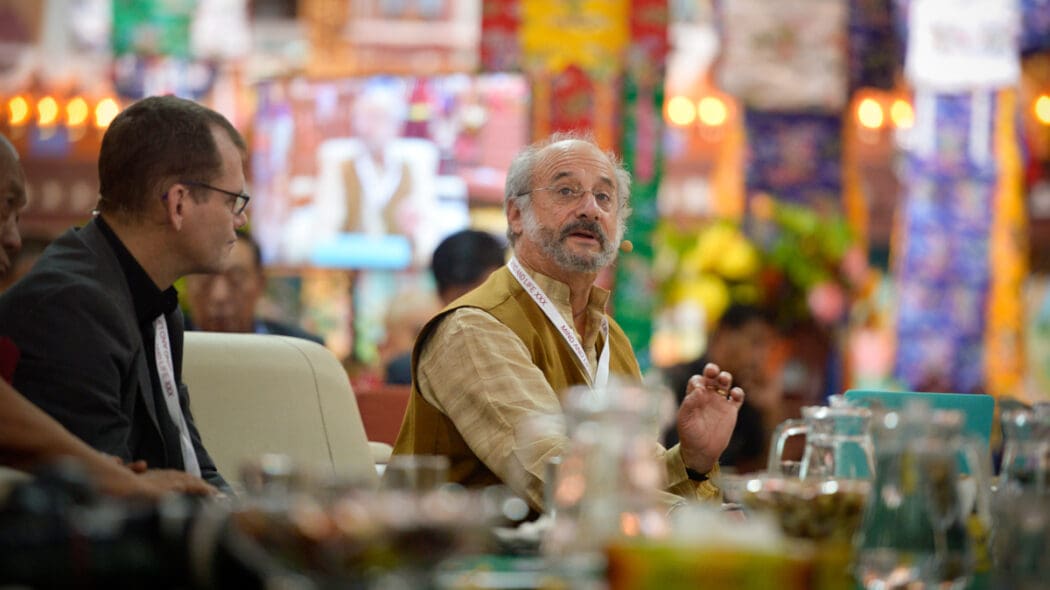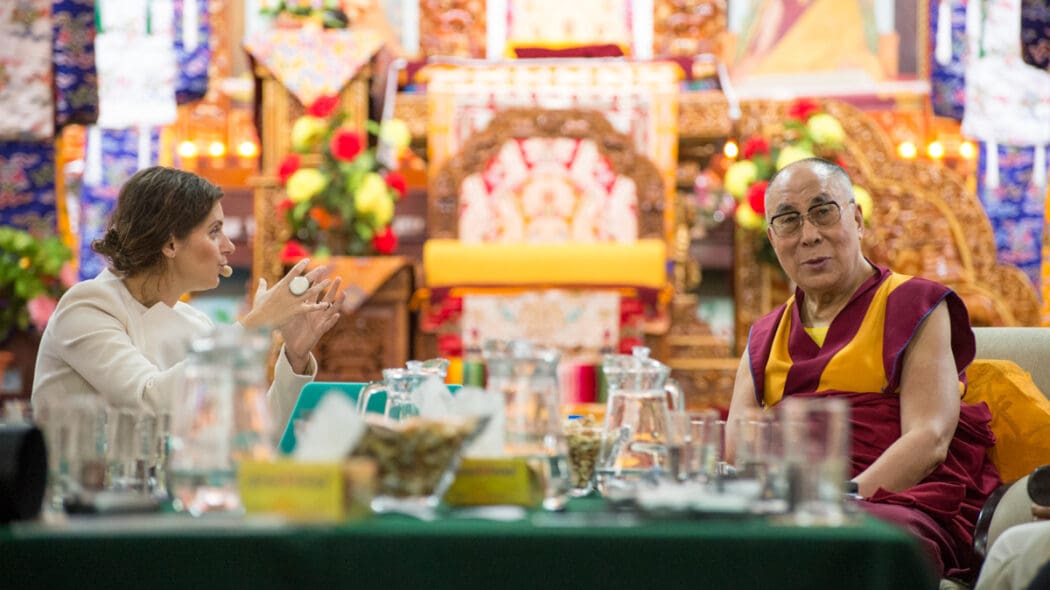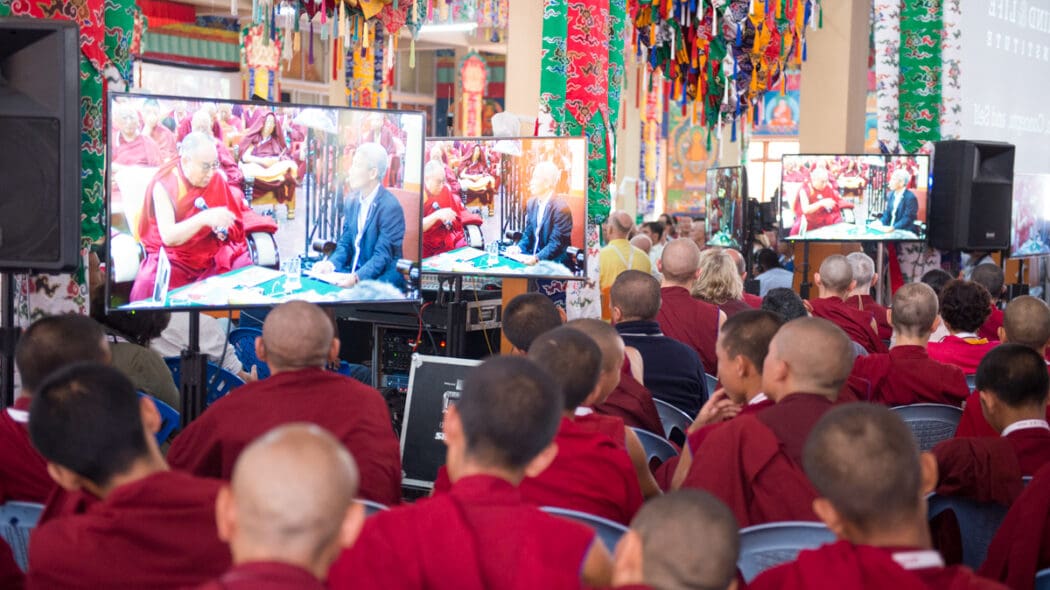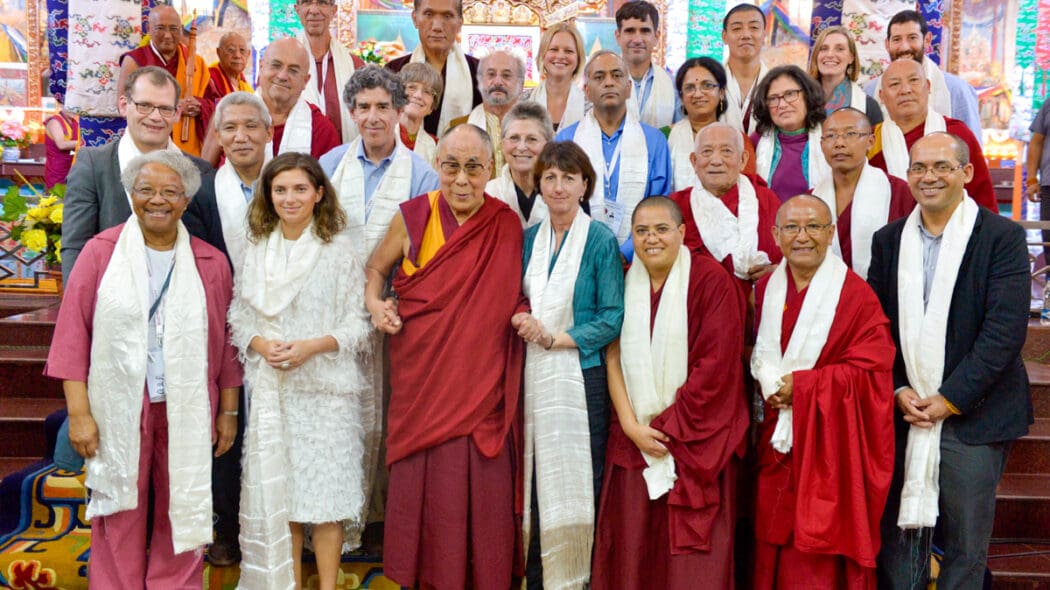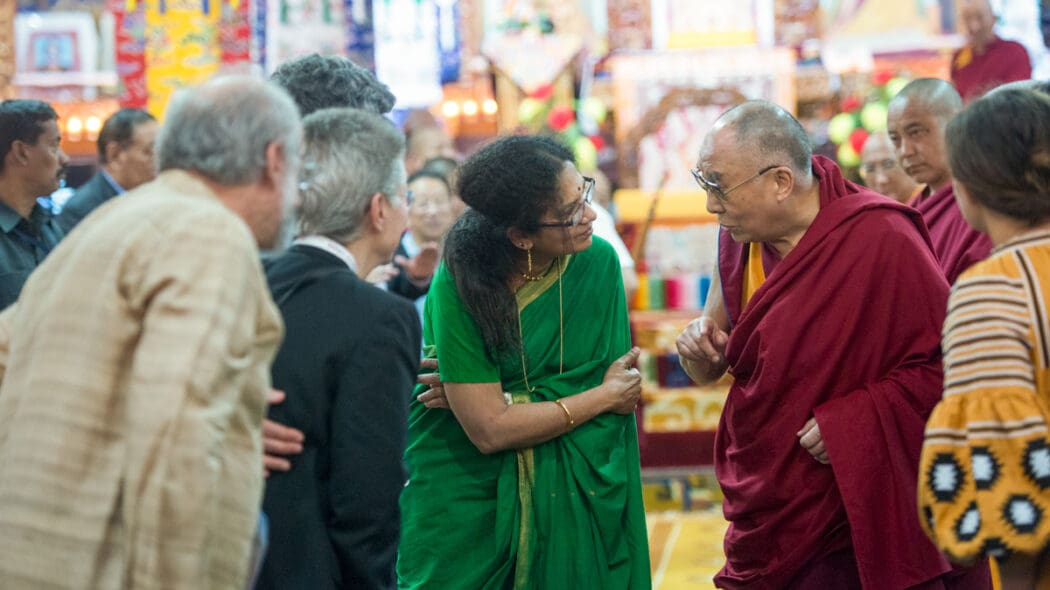Perception, Concepts, and Self
Perception, Concepts, and Self
Contemporary Scientific and Buddhist Perspectives
This dialogue will bring together some of the world’s foremost scientists and philosophers with His Holiness the Dalai Lama and other senior Tibetan scholars for a rich dialogue, with thousands of monks and nuns from numerous Tibetan monastic centers of learning in attendance. The dialogue will focus on the topics of perception, concepts, and self from the perspectives of these two traditions. The scientific presentations will address topics in perceptual neuroscience, the psychology of language and thought, and development of the concept of self in early infancy. Philosophical presentations will discuss accounts of perception and its role in knowledge, the nature of conceptual thought and the role of concepts in our experience, and the varying conceptions of self as well as debates concerning the reality of the self. In addition, we will consider possibilities for self-transcendent states such as altruism and compassion.
We hope that these conversations will advance both the project of scientific education in the monastic universities as well as the developing dialogue between the Tibetan and Western academic communities.
Dialogue Sessions
Participants
Honorary Board Chair
- His Holiness the Dalai Lama
Interpreter
- Thupten Jinpa, PhD
Speakers
- Michael Chase
- Lera Boroditsky
- Richard J. Davidson
- John Dunne
- Jay Garfield
- Roshi Joan Halifax
- Wendy Haskenkamp
- Thupten Jinpa
- Bryce Johnson
- Catherine Kerr
- Tenzin Lhadron
- Geshe Lhakdor
- Thabkhe Lodroe
- Geshe Dadul Namgyal
- Geshe Lobsang Tenzin Negi
- Werner Nater
- Vasudevi Reddy
- Matthieu Ricard
- Yangsi Rinpoche
- Pawan Sinha
- Professor Geshe Yeshe Thabkhe
- Khenpo Sonam Tsewang
- David Vago
- Christy Wilson-Mendenhall
- Carol Worthman

